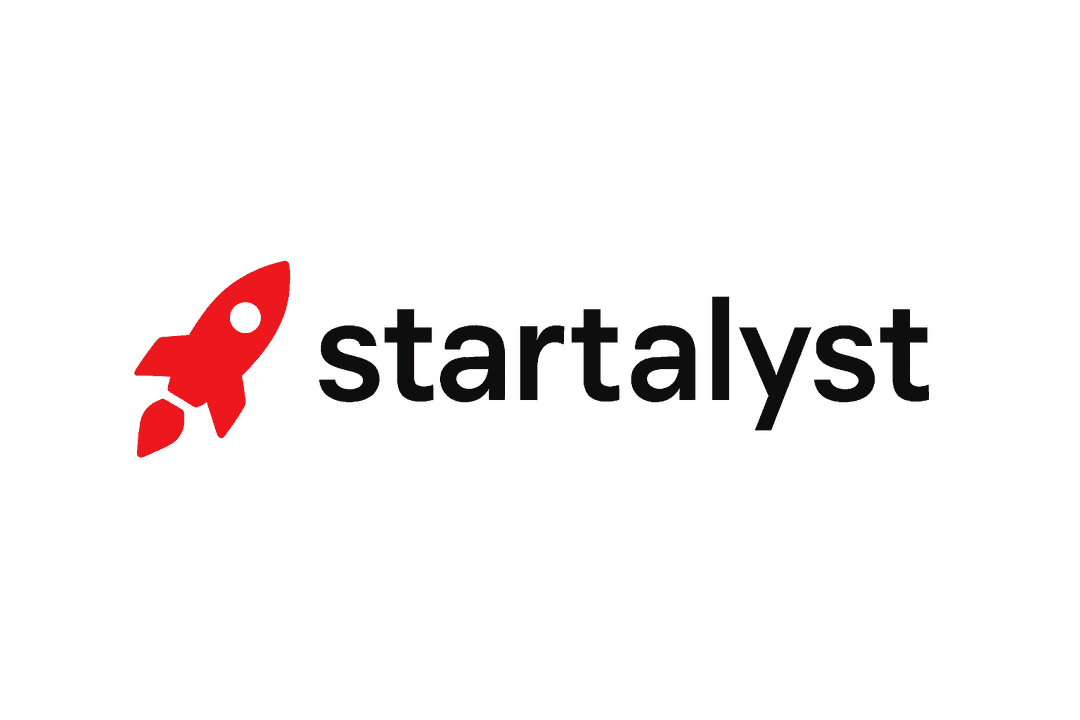Outdoor Business Ideas Starter Guide
How to Get the Best Results
Start by matching what you already know and enjoy with specific outdoor business ideas that fit your landscape and season. Focus on one or two offerings you can test quickly rather than trying to launch a full-service company at once.
Use low-cost experiments like pop-up classes, weekend rentals, or one-day guided tours to validate demand, then reinvest early profits into better gear, marketing, or permits. Track customer feedback and simple metrics like bookings per week to decide what to scale.
Step 1 — Who are you?
Pick the background that most closely matches your experience so you can leverage existing skills and contacts. Each line shows a simple advantage you can turn into a first offer.
- Former park ranger — trail knowledge — You can lead safe, interpretive hikes that appeal to families and schools.
- Landscaper or gardener — plant care — You can offer seasonal garden design and maintenance packages for homeowners.
- Outdoor educator — teaching — You can run nature camps and field trips that sell to parents and community groups.
- Adventure athlete — technical guiding — You can provide certified rock climbing or paddle guiding for tourists.
- Handyman or mechanic — equipment repair — You can start a mobile gear-repair service for bikes, kayaks, and camping gear.
- Photographer — visual storytelling — You can create outdoor photography tours and sell location shoots for elopements.
Step 2 — Add interests & skills
Choose interests and skills that fit the local environment and customer profile so you can craft targeted offerings. Each item below ties a capability to a plausible outdoor business use.
- Birdwatching will position you to run early-morning tours that attract hobbyists and clubs.
- Kayaking will allow you to offer guided river trips and hourly rentals for novices.
- Foraging will let you lead edible-plant walks and small hands-on workshops.
- Trail building will enable you to contract with landowners and parks for maintenance projects.
- Outdoor cooking will support pop-up dinner events and camping-cooking classes.
- Mountain biking will help you start rental and shuttle services for local trail networks.
- E-bike repair will open a niche mobile service for commuters and tourists.
- Beekeeping will enable you to produce and sell local honey and offer classes on hive care.
- Camp setup will allow you to offer glamping prep and event campsite services for retreats.
- Outdoor fitness will let you lead bootcamps, yoga in parks, and corporate wellness events.
- Permaculture design will give you a path to consult on sustainable landscaping for homeowners.
- Wildlife photography will enable you to run photo workshops and guided shoots at sunrise.
Step 3 — Set available capital
Decide how much you can invest upfront so you pick outdoor business ideas that fit your budget. The following tiers suggest realistic first steps at each capital level.
- ≤$200 — You can test offerings like guided walks, consulting, or single-day workshops using existing gear and social media promotion.
- $200–$1000 — You can buy targeted gear or marketing, such as a quality kayak, repair tools, or a basic website and booking system.
- $1000+ — You can scale to rentals, a trailer, or certified courses and secure permits for higher-volume operations.
Step 4 — Choose weekly hours
Be honest about how much time you can commit so you choose business models that match your availability and customer expectations.
- Mornings — You can run birding tours, fitness sessions, or photo shoots that take advantage of early light and quiet trails.
- Evenings — You can host outdoor dinners, guided night walks, or sunset paddle trips that fit after-work schedules.
- Weekends — You can concentrate on multi-hour experiences like full-day hikes, rentals, or markets when demand is highest.
Interpreting your results
- Combine your background, interests, budget, and hours to create a short list of two to three testable outdoor business ideas. For each idea, sketch one simple offer, one price point, and one marketing channel to try first.
- Look for overlaps that reduce startup cost, such as offering gear rental plus guided tours, or pairing workshops with product sales. Cross-sells increase revenue without doubling your workload.
- Run each idea as a small experiment: set a clear goal like three bookings in 30 days, collect feedback, and track costs. If an idea meets the goal with acceptable margins, plan modest reinvestment and a second growth step.
- Finally, lean on local partnerships — outdoor shops, coffeehouses, and land managers — to extend reach without high ad spend. Local credibility will accelerate bookings for many outdoor business ideas.
Use the generator above to iterate quickly on different combinations and pick the outdoor business ideas that match where you live, who you know, and what you enjoy doing outside.
